As resident physicians went on strike and quit, many nurses were pushed to the front lines, forced to perform medical procedures normally reserved for doctors.
According to the Korean Nursing Association, as of 6 p.m. on December 22, 134 cases of overtime work had been reported to the on-site Nursing Center.
As doctors stopped working at 6 a.m. on February 20, many hospitals had to use nurses to fill in their vacancies. Many reports showed that nurses and caregivers were forced to perform work outside their authority.
One hospital even instructed nurses to place a chemoport in cancer patients. This is a device placed under the chest wall to deliver chemotherapy drugs into the veins of chemotherapy patients. This procedure is usually performed by experienced specialists because it can easily lead to serious complications such as pneumothorax, subclavian artery rupture, and catheter misplacement. The drugs used in the chemoport also need to be prescribed by a doctor.
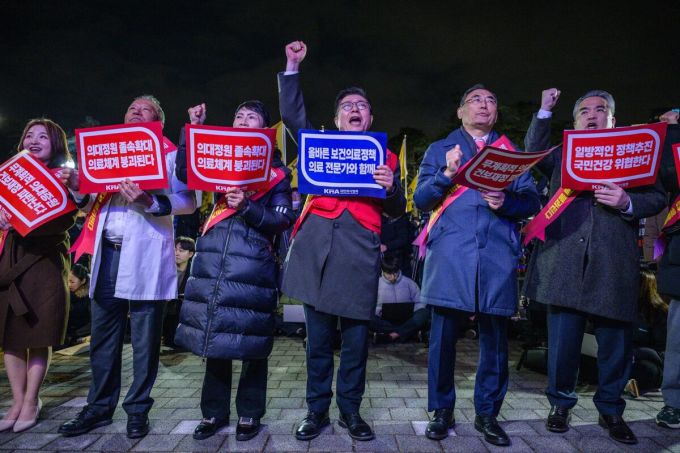
South Korean doctors protest against the policy of increasing enrollment quotas for medical schools, February 15. Photo: AFP
In an emergency situation in the ward, when cardiopulmonary resuscitation was needed, the nurse performed chest compressions and informed the patient to try to wait for the doctor.
At another hospital, nurses were tasked with explaining the surgery and writing consent forms for patients.
"The nurse explained the surgery and the doctor just signed. We also prepared the medical records, prescriptions and removed the syringe, which the doctor did," a nurse reported to the Korean Liver Association.
Nurses are concerned about being forced to perform illegal, unauthorized medical procedures as they have no other choice amid the strike. The Korean Nursing Association will hold a press conference at the Seoul Training Institute to inform the real situation facing medical workers.
Thuc Linh (According to MK )
Source link








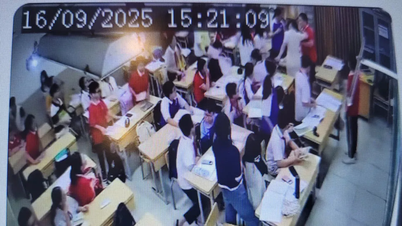

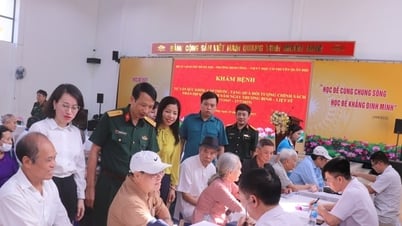

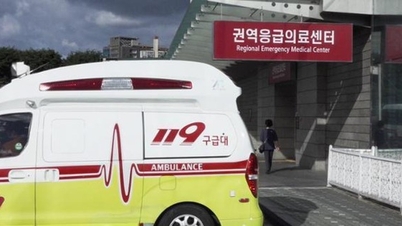

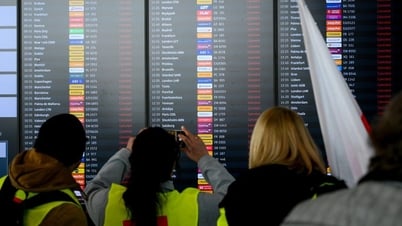

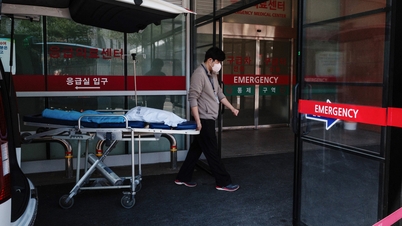
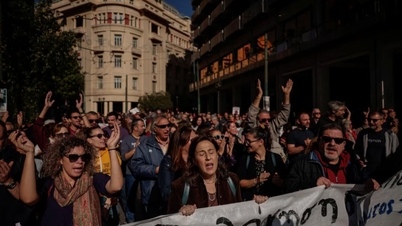



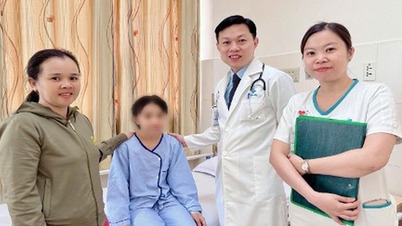



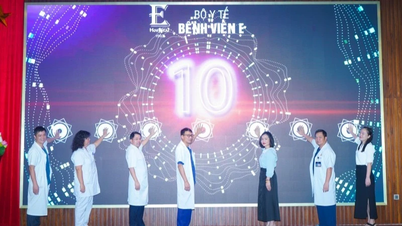

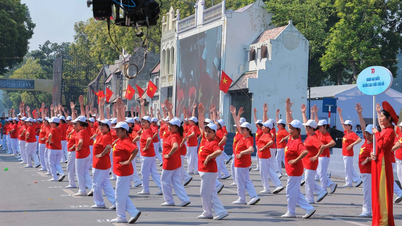











![[Photo] Solemn opening of the 12th Military Party Congress for the 2025-2030 term](https://vphoto.vietnam.vn/thumb/1200x675/vietnam/resource/IMAGE/2025/9/30/2cd383b3130d41a1a4b5ace0d5eb989d)
![[Photo] The 1st Congress of Phu Tho Provincial Party Committee, term 2025-2030](https://vphoto.vietnam.vn/thumb/1200x675/vietnam/resource/IMAGE/2025/9/30/1507da06216649bba8a1ce6251816820)
![[Photo] Panorama of the cable-stayed bridge, the final bottleneck of the Ben Luc-Long Thanh expressway](https://vphoto.vietnam.vn/thumb/1200x675/vietnam/resource/IMAGE/2025/9/30/391fdf21025541d6b2f092e49a17243f)
![[Photo] President Luong Cuong receives President of the Cuban National Assembly Esteban Lazo Hernandez](https://vphoto.vietnam.vn/thumb/1200x675/vietnam/resource/IMAGE/2025/9/30/4d38932911c24f6ea1936252bd5427fa)



















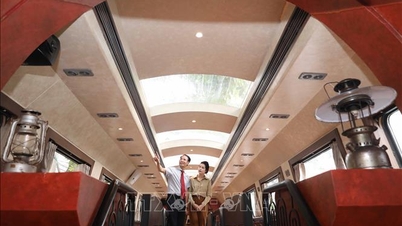
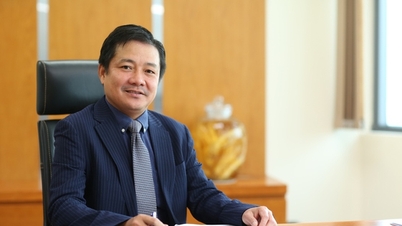



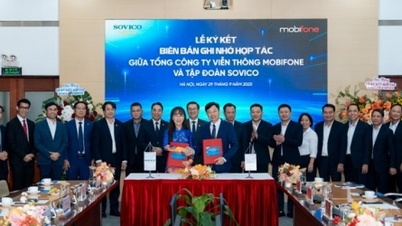

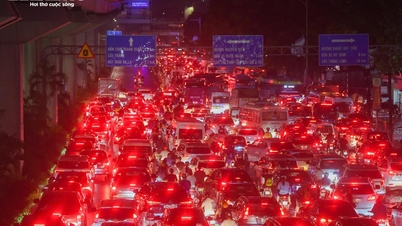

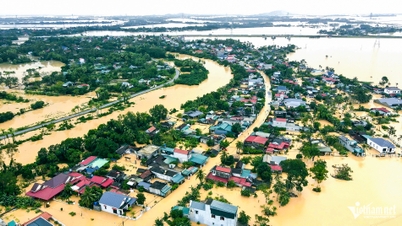


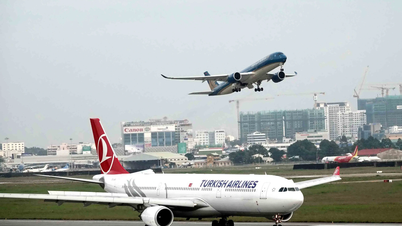
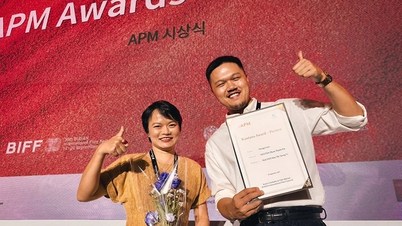


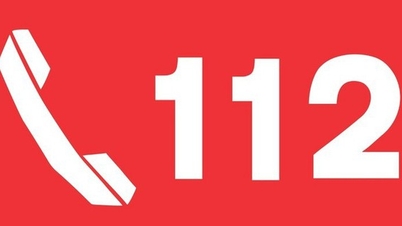





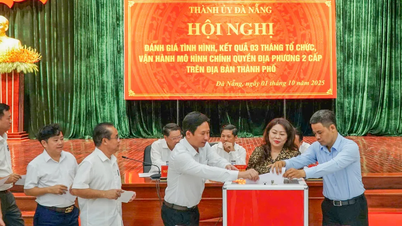




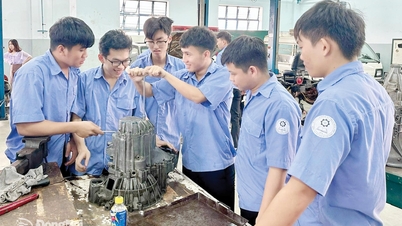

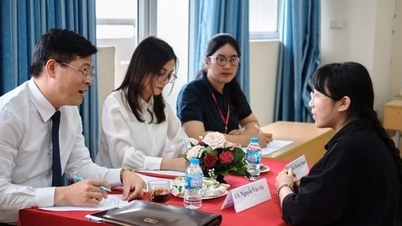
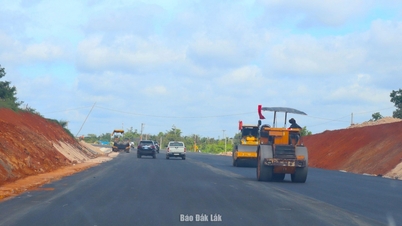













Comment (0)